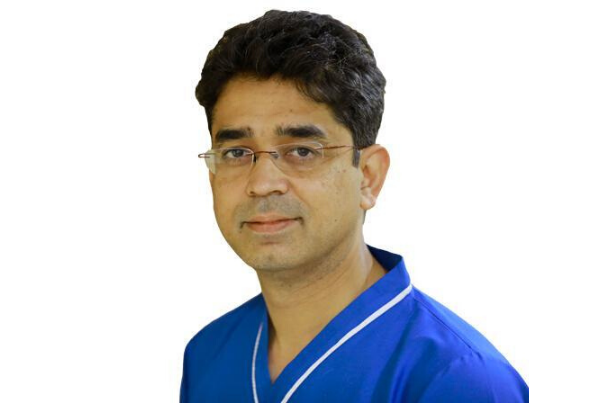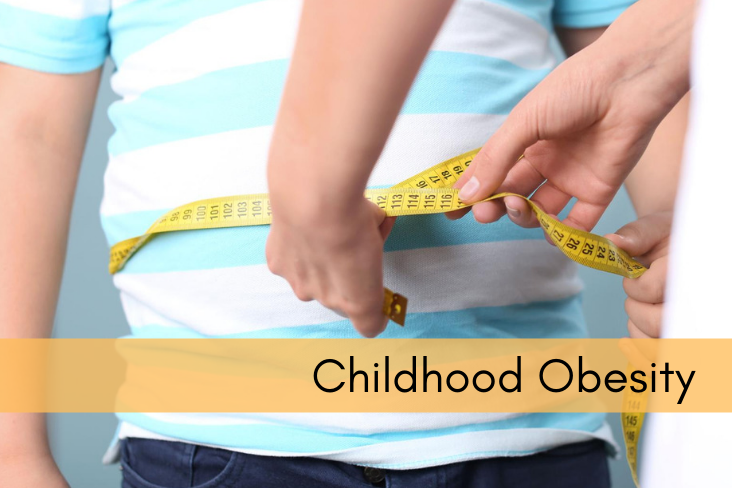It is sad and surprising we never think or talk about the most inevitable moment of our lives.
Discussing it is said to be bad omen, waste of time and even ridiculous. As a doctor I have seen patients and their families frequently in denial of death. And it is the very reason why many go into shock listening to the news of death of a loved one. Lawyers have a busy time deciding on the inheritance disputes because someone left without a Will.
Death being the most certain event of life can be taken more seriously. And objectively. We should definitely entertain the idea of thinking about it to begin with. Eventually forming a concept or belief.
If Death is thought to be an end of Life, a halt to goodness and pleasure, then it will always remain in mind as an unpleasant event. Haruki Murakami said – Death is not the opposite of Life, but a part of it!
Even religions state that Life is a journey and Death is the beginning of another. The concept that our Creator left us on this journey of Life and Death is when He receives us back is beautiful. We are promised a chance to meet the very source of our existence.
Even if one does not believe in God, reminding ourselves and talking about death has many advantages:
1. It can make us more humble during our stay on Earth. If we cannot hold onto something forever, chances are, we will attach less importance to it. It has the potential of making us less materialistic and less prone to human obsession with hoarding.
2. It takes away our illusion of control. The fact that we are uncertain about our end in the COVID pandemic, makes many of us jittery. Our made-believe-eternal life has suddenly been truncated! Our control over our Life is gone! But the fact is- we never were in control!
3. It may push us to be more productive. After all, we don’t have an eternity to live.
4. It may help us plan better for people who we leave behind. Mostly!
5. It may address the overt and the subconscious thanatophobia (fear of death). This can be a source of anxiety to a lot many than we think. Thanatophobia may also make us take decisions that are compromising to our values and ethics. By removing the fear, which is what oppressors employ to dominate, we may even create a better society.
Hence, it does appear that we should talk, think and form a belief about death. Even, psychologists are aware that talking about problems and phobias is the first step to managing it.
So if we modify our existing belief about Death, it can become less of a danger and more of a relief. It may even be something to look forward to for spiritually active individuals.
As Peter Pan says- To Die will be an awfully Big Adventure!
Who knows!







